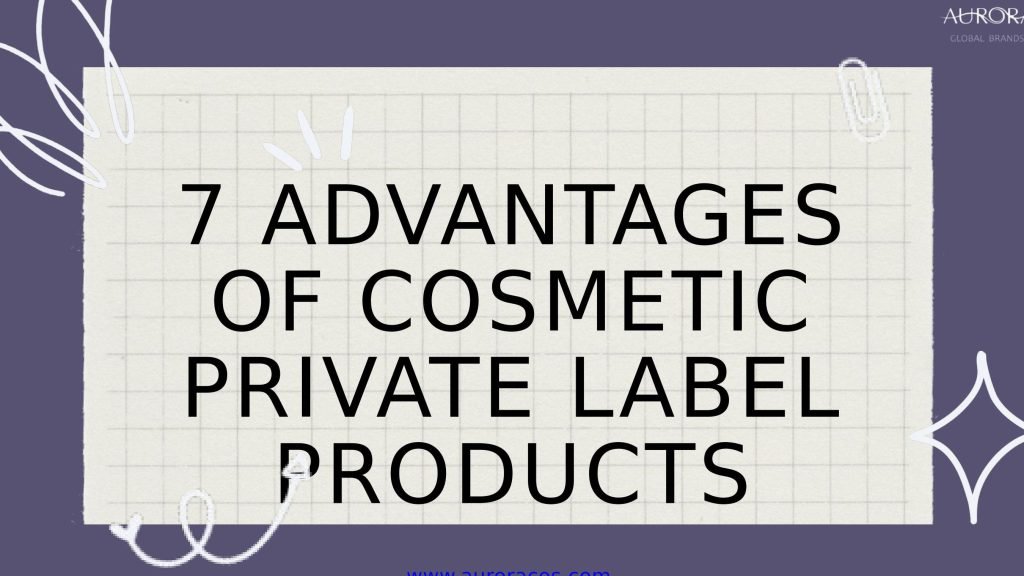
The cosmetic industry has seen a rise in private label products in recent years. Private label products are those created and sold by a company but not marketed under that company’s own brand name. These products are typically sold in retail stores and drug stores, and they offer a number of advantages to companies that choose to offer them.
First of all, private label cosmetic products provide companies with an opportunity to capture market share in a highly competitive industry. Because the products are not associated with a particular brand, they are usually less expensive than their name-brand counterparts. This allows companies to appeal to a wider range of customers, including those who may not be able to afford more expensive name-brand cosmetics.
Additionally, private label products can help companies differentiate themselves from their competition. By offering a product that is uniquely theirs, companies can stand out from the crowd and create an identity for themselves. This can be particularly useful for smaller companies that don’t have the resources to launch a full-fledged brand.
Private label cosmetic products can also help companies save on costs. By manufacturing their own products, companies can reduce the costs associated with production and distribution. This can help them to keep prices competitive and maximize profits.
Finally, private label products provide companies with a great way to test the market with new products. Because the products are not tied to a brand name, companies can experiment with different formulations and packaging without risking their reputation. If the product is successful, companies can then consider launching a full-fledged brand.
In short, private label cosmetic products offer a number of advantages to companies. They can provide an opportunity to capture market share, differentiate themselves from the competition, save on costs, and test the market with new products. As such, they can be an invaluable tool for companies in the cosmetics industry.